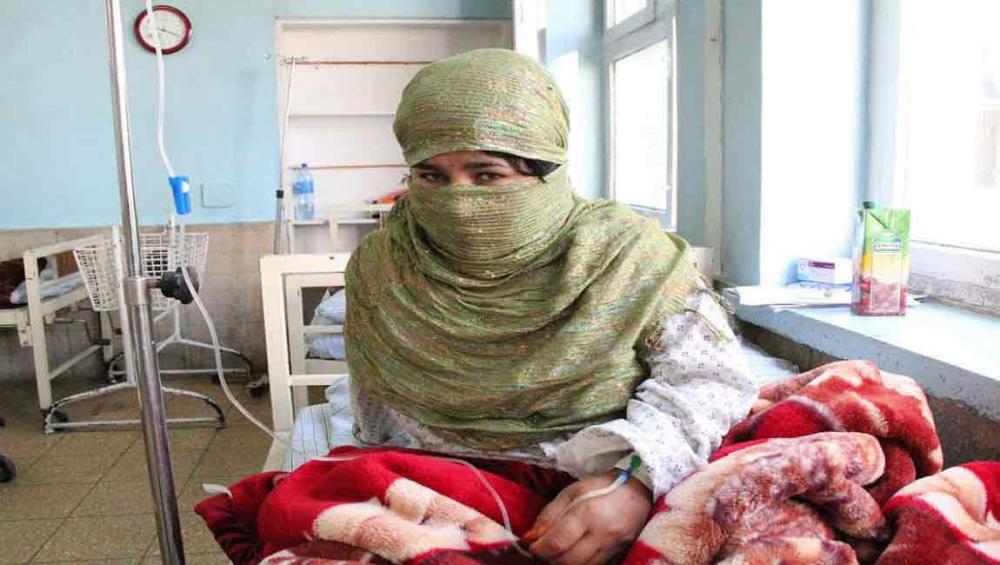Just Earth News 24 May 2017

UNFPA
“With strong political leadership, investment and action, we can end this scourge in our lifetime,” the Executive Director of the UN Population Fund (UNFPA), Babatunde Osotimehin, said in his message for the Day.
“Join us in standing with the world's poorest, most marginalized women and girls.”
Obstetric fistula is a hole in the birth canal caused by obstructed labour. Women who experience obstetric fistula suffer constant incontinence, shame, social segregation and health proble
The condition, which affects between 50,000 and 100,000 new women and girls each girl, is believed to be largely avoided by delaying the first age of pregnancy, avoiding harmful traditional practices, and receiving medical attention in time.
That, unfortunately, was not the case for Nachilango Bisolomo in Malawi. She married early and was pregnant by the age of 18, before her pelvis fully developed. After a long and difficult labour, her baby died, and Bisolomo was left with a fistula.
She changed her name from Nasiwelo to Nachilango, meaning “one who has been punished.”
Like many survivors, she felt embarrassed and alienated: “My life has been hell.”
After 46 years, Bisolomo had her fistula repaired at a clinic supported by UNFPA.
“I don't intend to change my name when I go back, despite being healed,” she told UNFPA from her hospital bed, “because I want to still be an example to many that this condition can be cured.
In his message for the Day, Osotimehin noted women like Bisolomo, as well as two women whom he has known personally who underwent the procedure at the ages of 83 and 77.
“I have no words to describe the sense of hope, healing and restored dignity for that this treatment provided,” he said, “foremost to these two women, but also to their loved ones.”
In recognition of women who have endured this condition for decades, this year's theme is 'Hope, healing and dignity for all' with a special focus on those most left behind, excluded and shunned by society.